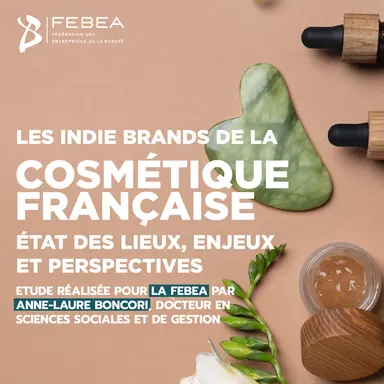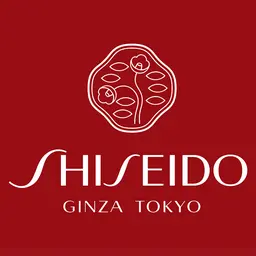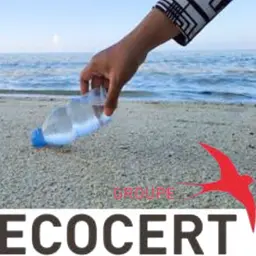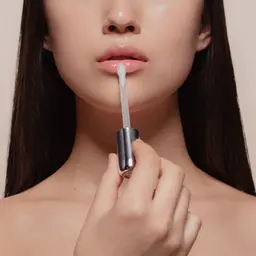
In recent years, new players have entered the cosmetics market: independent brands or “indies brands”. In a recent study, the FEBEA takes stock of the specific characteristics of these “dynamic, inventive and export-oriented” companies.
This survey was carried out for the FEBEA by Anne-Laure Boncori, Doctor of Social and Management Sciences.
158 founders and managers of indies were questioned between 14 May and 7 June 2024 via an online questionnaire.
Key findings
“While the number of indie brands has risen overall in recent years, the Covid period (2020-2021) has proved particularly fertile, with 36% of the brands cited in the study having been created by then,” explains the FEBEA. “As a result of their youth, 70% of these companies have fewer than nine employees and less than one million in sales. The majority of the founders own the capital of their company and share a desire to develop an agile structure on a human scale.”
According to the study, one company in two has a premium positioning.
Indies often claim French manufacturing, naturalness and genuine scientific expertise.
“In terms of cosmetics product categories, 63% are in skincare and 15% in make-up. The rest are spread across the different categories (hygiene, fragrance, hair care, sun care, children’s care and men’s care). Of course, a number of these brands are multi-category,” says the FEBEA.
Generally speaking, these brands offer around twenty products.
These companies have a …













